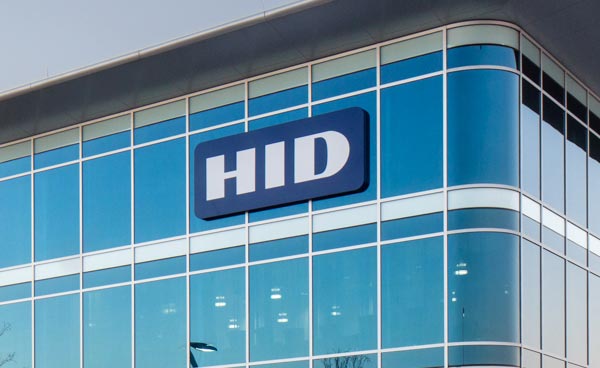
Users of secure credential technologies increasingly want more choices so they can meet the specific needs of a growing variety of applications. Continuing its commitment to providing these options, HID Global announced the most feature-rich implementation of the latest MIFARE DESFire EV3 credential.
As users of secure credential technologies seek more choices to meet the specific needs of a growing variety of applications, HID Global announces the most feature-rich implementation of the latest MIFARE DESFire EV3 credential.
“Our credential based on NXP MIFARE DESFire EV3 delivers this technology’s full range of advanced security and privacy capabilities and reinforces them with HID’s powerful model for identity data protection,” said Harm Radstaak, Senior Vice President and Head of Physical Access Control Solutions with HID Global.
“This latest addition to our portfolio underscores HID’s commitment to continually expand our credential offering with solutions that are easy to customize, deploy and maintain. It helps organizations further streamline security through a simple framework that supports multiple form factors and communication protocols.”
HID’s credential based on MIFARE DESFire EV3 implements the technology’s full range of capabilities including AES128 encryption, a secure channel for protecting card data from man-in-the-middle attacks, and a random unique identifier (UID) for protecting user privacy.
The credential works with readers based on MIFARE DESFire EV1 and EV2 products and is interoperable with HID® Signo™, iCLASS SE®, and multiCLASS SE® readers. In addition to choosing standard or custom security profiles to meet their specific needs, users can take advantage of HID’s Secure Identity Object™ (SIO®) model that protects a credential’s identity data through key diversification, authentication signatures, and encryption.
Users can create multi-technology cards with HID’s credential based on NXP MIFARE DESFire EV3 to provide a smooth migration path from vulnerable legacy, low-frequency 125 kHz-based systems to modern and secure credential technology.
“The MIFARE DESFire EV3, with its enhanced feature set and multi-application support, reflects NXP’s continued commitment to secure, connected and convenient contactless smart city services.” said Philippe Dubois, Vice President and General Manager Secure Edge Identification at NXP. “We are happy to provide faster and secure contactless access solutions together with HID.”
About HID’s High-Frequency Credential Portfolio
HID’s credential option based on MIFARE DESFire EV3 joins the company’s Seos credential to provide robust high-frequency technology choices. Seos credential technology enables the first and only finished physical access control card certified by independent security laboratory TÜV Informationstechnik (TÜViT) and supports the broadest range of migration scenarios.
Both credential technologies are based on peer-reviewed global standards and offer essential security features like secure messaging, mutual authentication and calculating card-specific keys which are bound to specific applications. Seos also enables form factors including mobile and wearable options and power applications beyond traditional access control, from secure printing and cashless vending to network logins and time and attendance.
Availability
HID’s credentials based on NXP MIFARE DESFire EV3 and MIFARE DESFire EV3 + Prox multi-technology are available now. The company also supports users with read/write identification using 125 kHz contactless technology to enable simplified, cost-effective migration from legacy to high-frequency credential technologies. The migration process includes extensive support and options for pre-programmed hardware, field programming, or at-scale card data provisioning spanning best-in-class key management as well as card formatting and card number tracking that adheres to the highest standards of data protection and governance.
HID Global powers the trusted identities of the world’s people, places and things. They make it possible for people to transact safely, work productively and travel freely.
Source: hidglobal.com
